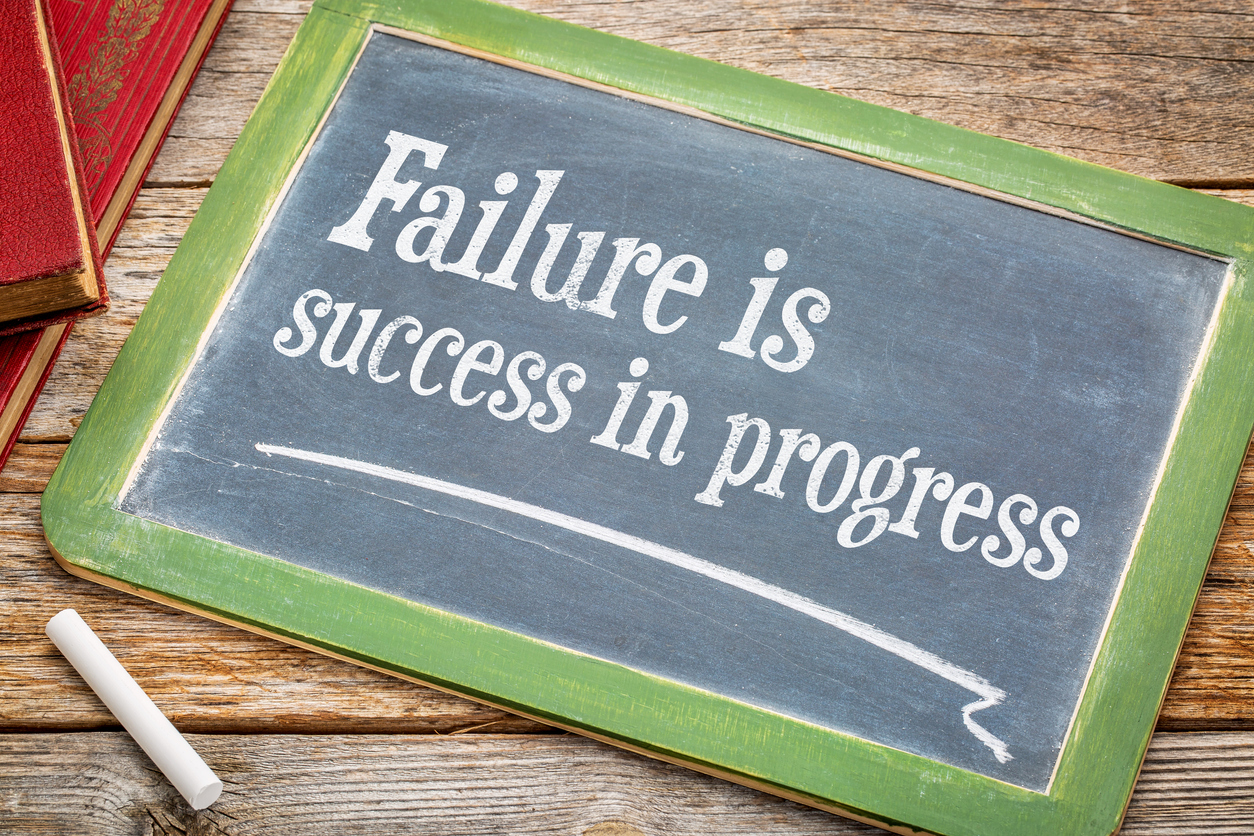Outside a coroner’s court docket in Sydney this week, Julie Tam attempted to explain how surreal it felt to be speaking about the death of her 22-yr-old son, Joshua. His loss of life, from MDMA toxicity suffered at a tune competition on the nation’s valuable coast ultimate summertime, had “disrupted the herbal order of our circle of relatives lives,” she said. Flanked with the aid of her husband, John – both of them carrying black T-shirts with Joshua’s face printed on the front – she defined, matter-of-factly, how her family’s lives “can in no way.

It could never be equal. This changed into in no way intended to appear,” she stated. Then, in the identical limited voice, she said something heartbreakingly apparent: “Just saying, ‘don’t do it, we must all now agree, isn’t working. In the past decade, the rate of drug-related deaths in Australia has persisted in an upward thrust. Between 2011 and 2015, deaths from opioid abuse accelerated by 60% compared to the preceding decade, while ice-related deaths doubled. This week, the New South Wales coroner opened an inquiry into the deaths of six young humans from MDMA toxicity at track festivals across the kingdom. It got here after a marked increase in the price of deaths from the drug at festivals; before the five MDMA-related deaths at song fairs in NSW’s ultimate summer season, there were only 12 across Australia in the previous decade.
Something is certainly failing, with fatal effects.
The spike in deaths comes as different countries around the sector are abandoning the rhetoric of “just say no” and embracing harm reduction and decriminalization. Now, in Australia, too, one’s calls have become louder. Even the conservative radio host Alan Jones has recommended he now help moves toward decriminalization, pronouncing the final month that though he “in no way thought I could say this,” the trade changed into wished. Everything we’ve done thus far has failed,” he stated.
Nonetheless, state and federal governments have yet to heed that name. The NSW premier, Gladys Berejiklian, has steadfastly refused to consider introducing pill-trying out at track festivals, even though it’s not unusual in many European jurisdictions. We are involved with the aid of the accidental results of pill-checking out,” she stated following another MDMA-associated death in January. “The message to young human beings is ‘Do now not take those capsules. So, something one-of-a-kind needs to be executed.
But it’s a message damage-discount advocates say is exacerbating the hassle.
The idea of believing that saying to younger human beings in possession of medication ‘just say no’ is an effective message represents both a phenomenal misunderstanding of how the adolescent mind works or just a loss of subject,” the emergency doctor and tablet-checking out propose David Caldicott said this week.
The six deaths The youngest of 3 siblings, Joshua Tam, preferred to boast about being his parent’s favorite jokingly. He was a popular, talented rugby player, Julie Tam said out of doors the coroner’s courtroom, “a normal youngster.” This week, he changed into one in all six normal children – elderly between 18 and 23 – whose deaths are being tested by the NSW coroner. Nathan Tran, 18, Diana Nguyen, 21, Joseph Pham 23, Callum Brosnan, 19,
Alexandra Ross-King, 19, and Tam all died from MDMA toxicity or headaches from MDMA use at song festivals between December 2017 and January 2019. In addition to those fatalities, at 25 track gala’s held in the nation in 2018-2019, there were 29 pre-medical institution intubations, 25 drug-associated intensive care admissions, and at least an extra 23 drug-related health center admissions. In other phrases, further to the five deaths over the summer period, many more were close to misses.
Peggy Dwyer suggested helping the coroner in her opening deal on Monday. According to research with the aid of the National Drug and Alcohol Research Centre, there had been about 350 MDMA-related deaths throughout Australia between 2001 and 2016. It represents the simplest tiny part of all drug-associated deaths in Australia. There were, for instance, one-half of opioid-associated deaths in 2016 on my own. This week, the inquest has heard about a couple of problems with the medical care supplied at some of the fairs, which includes
Inexperienced doctors, a loss of the scientific system, and paramedics have access to and leave the pageant. It paid specific interest to EMS’s service company, which became hired to offer hospital treatment at Defqon.1 and the Knockout Circus festivals in Sydney. Defqon.1 had 30,000 attendees, but the most effective documents included one who had intubated an affected person by no means. In his assertion, physician Andrew Beshar conceded the medical doctors “had been overwhelmed by coping with two severely unwell sufferers who provided concurrently.








